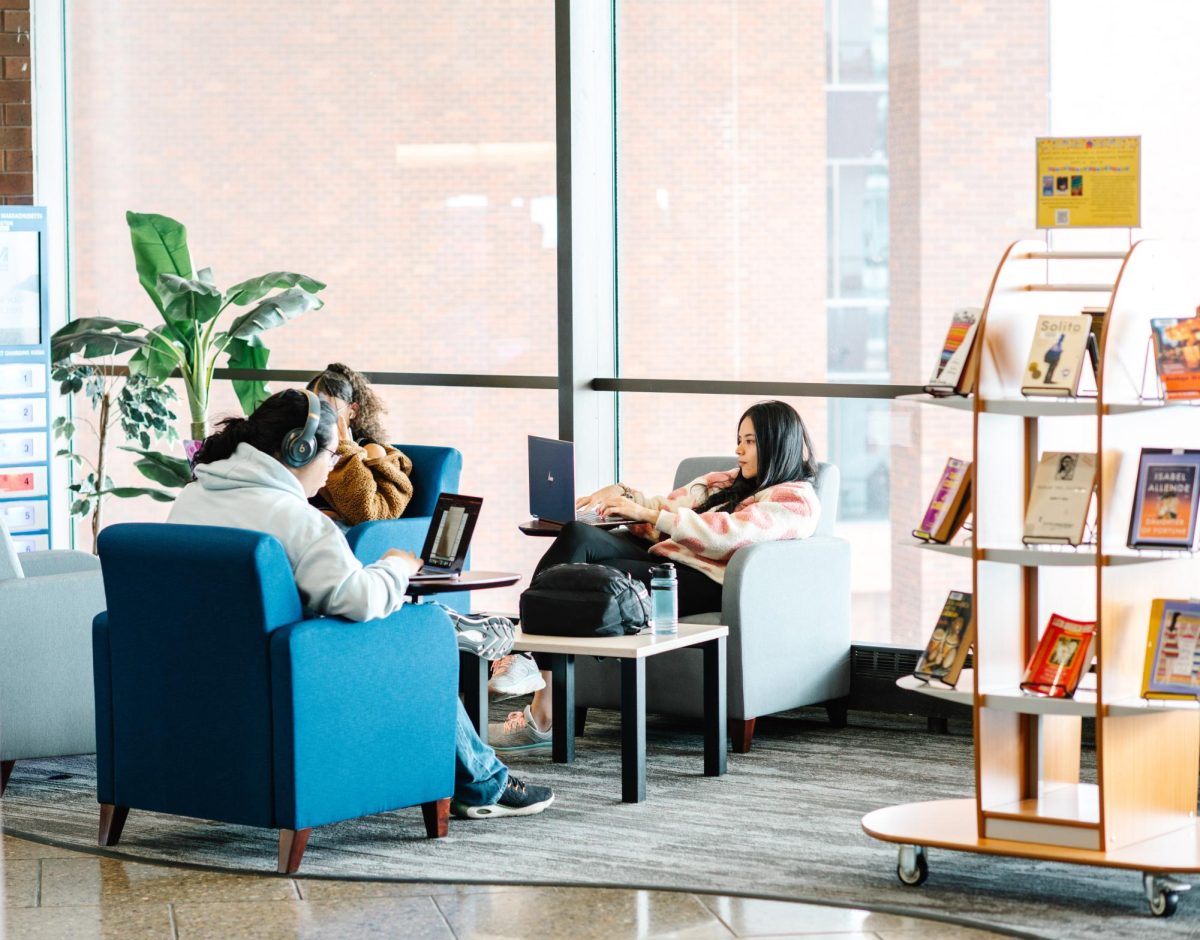As the middle of the semester arrives, it is time to start thinking about midterm exams and essays. This time of year can be extremely stressful and difficult to cope with, especially for those in multiple challenging classes. Students often struggle with perfectionism and high self-expectations, which can be detrimental to health and self-esteem.
What can students do to take care of themselves during this time? How can we prioritize both health and success?
It’s important to find a healthy balance between time spent at home, time spent studying or at work, and time spent with friends. It’s often best to confine studying to its own designated area to avoid distractions.
According to senior Michael Claude, “The places I rest at are for rest and work is for work. When I get home, I just use the time for myself and don’t let schoolwork meld into my space.”
Junior Jayna Fawcett agrees that it’s important to find a balance between school and friends. “I love hanging out with friends,” Fawcett said, “but we often stay out late, so it’s been finding a balance between my need for social interaction and sleep. People are usually pretty understanding. Sleep is important!”
That doesn’t mean you need to isolate yourself from the world while you study. Finding a study group to hold yourself accountable can be extremely helpful. It can provide a good balance between learning the material and spending valuable time with those around you.
“Group studying is super helpful,” Claude said. “Gives you an opportunity to bounce ideas around and see spots you might have missed.”
There are some study methods that are more helpful than others. Cramming, for example, can be very overwhelming and only makes stress worse by increasing anxiety around remembering the information. Instead, students should space out their studying across many sessions, which helps the brain digest the information in smaller chunks.
Active study methods, such as memory recall and practice problems, are much more helpful than passive ones. Skimming over notes or cramming is only good for the short-term memory and won’t help in the long term with exams. Challenging the brain with application instead of memorization helps retain knowledge in the long run.
Sophomore Eli Hochkeppel likes to annotate texts and go back over assignments. “Rereading the assignments can grant me a better understanding of the material,” Hochkeppel said. “I prioritize studying things I understand less. I have a to-do list and a strict schedule, so I don’t get overwhelmed.”
In the end, a grade on a midterm does not determine who you are as a person. Don’t place success on a test over your own personal health and safety — focus on taking care of yourself.
This article appeared in print on Page 6 of Vol. LVIII Issue VI, published Nov. 4, 2024.



